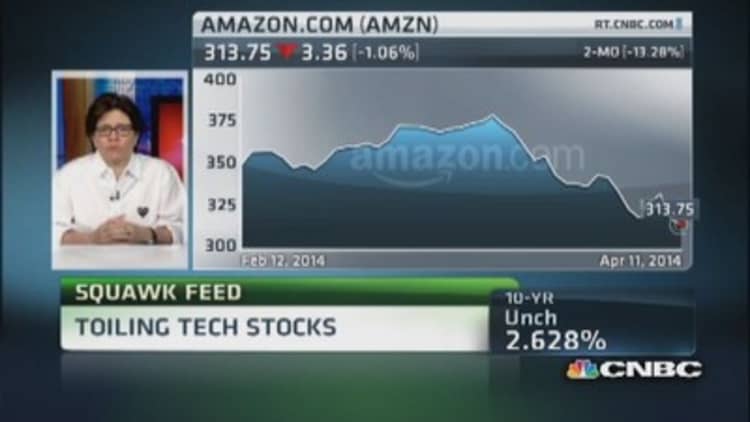Not content with being just a platform to host cat photos and status updates, Facebook is readying itself to provide financial services in the form of remittances and electronic money.
The social network is only weeks away from obtaining regulatory approval in Ireland for a service that would allow its users to store money on Facebook and use it to pay and exchange money with others, according to several people involved in the process.
The authorisation from Ireland's central bank to become an "e-money" institution would allow Facebook to issue units of stored monetary value that represent a claim against the company. This e-money would be valid throughout Europe via a process known as "passporting".
Facebook has also discussed potential partnerships with at least three London start-ups that offer international money transfer services online and via smartphones: TransferWise, Moni Technologies and Azimo, according to three people involved in the discussions.
Read More Facebook buying virtual reality firm Oculus for $2 billion
In the case of Azimo, Facebook offered to pay the company $10 million to recruit one of its co-founders as a director of business development, according to people familiar with the situation. A Facebook spokesperson said the company did not comment on "rumour and speculation".
London's financial technology sector has thrived thanks to the high concentration of financial services companies, a congenial timezone for international transactions and a more unified regulatory environment in Europe compared with the US.
A foray into migrant remittances is part of Facebook's push to increase its presence in emerging markets.
"Facebook wants to become a utility in the developing world, and remittances are a gateway drug to financial inclusion," said a person familiar with the company's strategy. Facebook recently passed 100 million users in India, which is its largest national market outside the United States.
More from the Financial Times:
Facebook passes 100 million users in India
Sandberg slashes Facebook holdings
Oculus founder looks to unlock the impossible
But it is unclear that people will trust Facebook to handle their money, given concerns about personal data mining by the social media network to boost advertising on the site.

The money transfer project, led by Sean Ryan, Facebook's vice-president of platform partnerships, signals a strategic shift for the company, which makes most of its money from advertising.
Read MoreIs Facebook's acquisition of WhatsApp a desperate move?
It also comes as other internet groups – in particular, China's Tencent and Alibaba – race to turn their sites into mobile payment platforms.
Google has reiterated its commitment to expanding its mobile payments and wallet products, which have yet to be widely adopted by consumers. It is registered in the UK to issue electronic money, in a process similar to the authorization which Facebook is seeking in Ireland.
Obtaining an e-money authorization in Ireland would require Facebook to hold capital of €350,000 and segregate funds equivalent to the amount of money it has issued, according to legal experts.
Facebook is already authorized for some forms of money transfer in the United States, allowing it to process payments for developers who charge users for in-app purchases.
Read More Facebook buying Titan Aerospace for about $60 million: Source
In 2013, the company facilitated $2.1 billion worth of transactions, almost exclusively from games, according to documents filed with the Securities and Exchange Commission.
Facebook takes a fee of up to 30 percent for such payments, and these fees account for about 10 per cent of its revenues.
Vodafone has acquired an e-money licence for the phone company to operate financial services in Europe.
"It's great news that non-banks are challenging the traditional banking monopoly," said Simon Deane-Johns, a UK-based lawyer and European payments expert at law firm Keystone Law.

